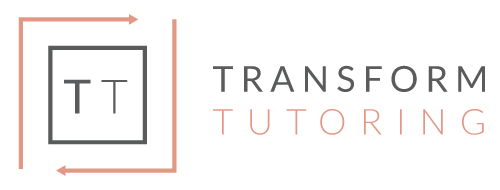How is the test structured and what does it cover?
The ACT Math section is a 60 minute test that contains 60 multiple choice questions. Students are allowed to use a calculator and write out work in their test booklets. The math on the ACT is supposed to align with high school math standards. Content knowledge, problem practice, strategy, and approach to pacing are all elements to be considered on the ACT Math. In general the topics covered range from pre-algebra, geometry, algebra, algebra II, probability/statistics, and some trigonometry.
The test will require you to use reasoning skills to solve practical problems in mathematics. Most questions are self-contained. Some questions may belong to a set of several questions relating to the same graph or chart. Knowledge of basic formulas and computational skills are assumed as background for the problems, but recall of complex formulas and extensive computation is not required. The material covered on the test emphasizes the major content areas that are prerequisites to successful performance in entry-level courses in college mathematics.
So how can students attack this efficiently?
The questions increase in difficulty throughout the ACT Math test. Because of this you get more bang for your buck putting time into the early portions (first 40-50 questions). Pacing is important for this test and taking the chance of making careless errors early to get to the harder questions in the back is not a good risk/reward when the likelihood of getting those correct is slim. Research has even shown that guessing on the last 10 or so questions results in a similar outcome as attempting them.
I think the content is consistent from test to test in terms of the core subject areas (algebra, geometry, trigonometry). The test writers will dress the content up different ways, so it's wise to practice concepts in a variety of situations/problem types. You will occasionally see a small selection of abstract/advanced topics that show up depending on the test. Getting exposure to those is not a bad idea for high scorers.
To achieve an optimal score I think students should spend time working on their content development through practice questions, strategy (when to abandon problems, how to solve problems using answers, how to prove answers correct, where to spend time), and recognition of error types (arithmetic, process, misinterpretation). Training these areas can help students maximize their score potential which tends to reach a plateau based on their problem solving ability.

